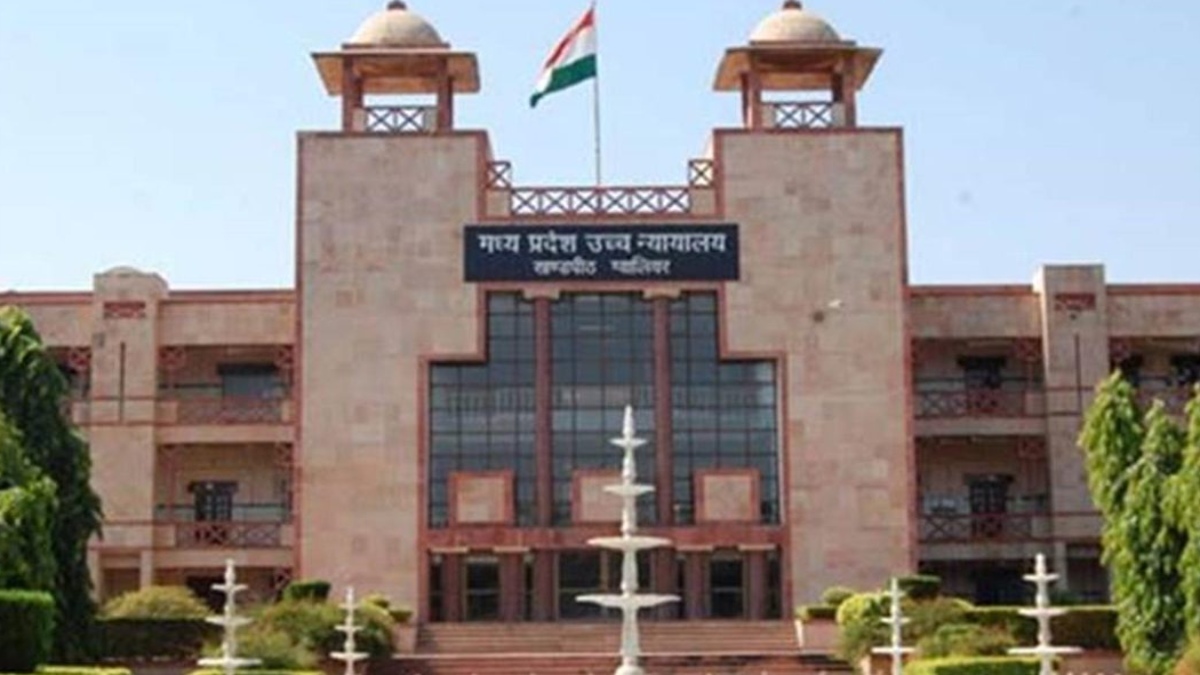
The Madhya Pradesh High Court in the case Ghanshyam Patel versus The State of Madhya Pradesh observed that a marksheet cannot be considered to be a “valuable security” for the purpose of Section 467 of the Indian Penal Code, 1860.
The bench headed by Justice Sujoy Paul observed while placing reliance on the jurisprudence laid down in the subject matter concerned.
The Division bench in the case Mahendra Kumar Shukla (supra) observed and has followed the ratio decidendi laid down by the Apex Court in the case Shriniwas Pandit Dharmadhikari vs. State of Maharashtra and has come to hold that mark-sheet is not a ‘valuable security’ within the meaning of Section 467 of the Indian Penal Code, 1860. The court is bound with the aforesaid judgment and in view of said judgment constraint to hold that the charge against the applicant under Section 467 of the IPC is not sustainable.
Facts of the Case:
The brother or co-accused of the Petitioner allegedly used Petitioner’s marksheet as his own to secure a Government Job. An FIR was registered against the Petitioner and his brother, the charges were framed by the trial court against him under Section 467, Section 468, Section 471 and Section 120-B of the Indian Penal Code, 1860. Aggrieved with the same, a revision petition was filled by the petitioner against the order of framing of the charges.
In the present case, it has been argued by the petitioner that a marksheet cannot be considered to be a valuable security to attract the offence under Section 467 IPC. Further, it was submitted that since the Petitioner had not tampered with or forged the marksheet, there being no substance in the charge under Section 468 IPC framed against him. With regard to charge under Section 471 IPC, it was also submitted that the Prosecution story did not reflect anywhere that the Petitioner had indulged in the alleged act to secure his own gains.
The bench while examining the submissions of parties and the documents on record, the court found merit in the arguments put forth by the Petitioner. Further, it has been noted by the court that a marksheet cannot be considered to be a valuable security for the purpose of Section 467 IPC.
It has also been observed by the court that the charges under Sections 467 and 471 IPC against the Petitioner could not stand ground since the case was not the case of the Prosecution that he had either tampered or forged with the document or fraudulently used it to further his own gains-
The court stated that section 468 and section 471 begins with the expression ‘whoever commits or whoever uses’. However, the intentions of the law makers are clear that these provisions are aimed against the person who has used the forged document as a genuine document. If on its face value the story of prosecution is accepted and it will be clear that there is no allegation against the present applicant that he has either tampered the document or has used this document fraudulently for obtaining the employment or for any other purpose. In the case the allegation is made against the co- accused Raghunath Patel that he has impostered himself as applicant and used educational qualification documents of present applicant.
While considering the aforesaid observations, the court stated that no case was being made out against the Petitioner under Section 467, Section 468 and Section 471 IPC and therefore, the impugned order passed was liable to be set aside.















